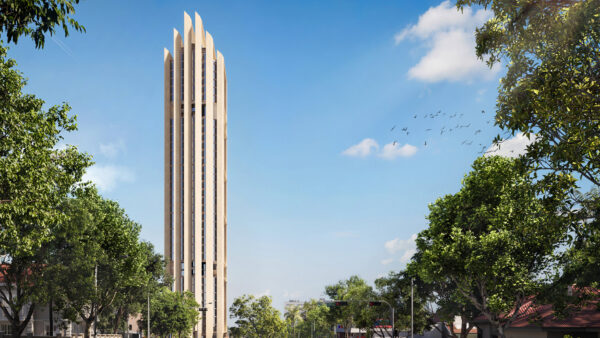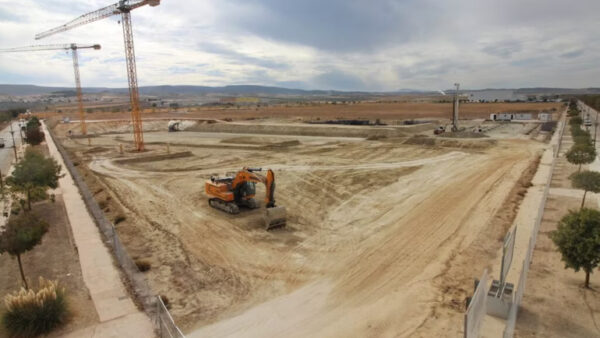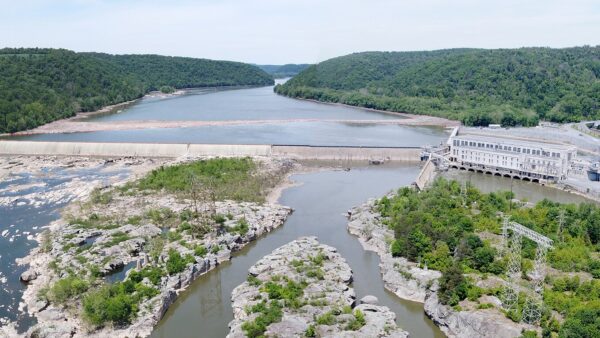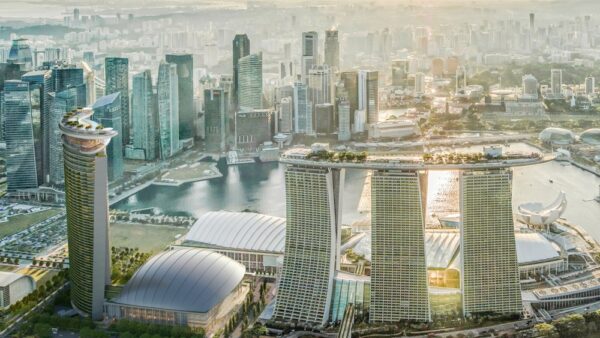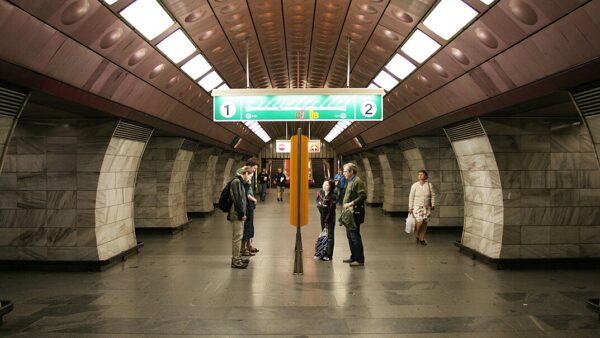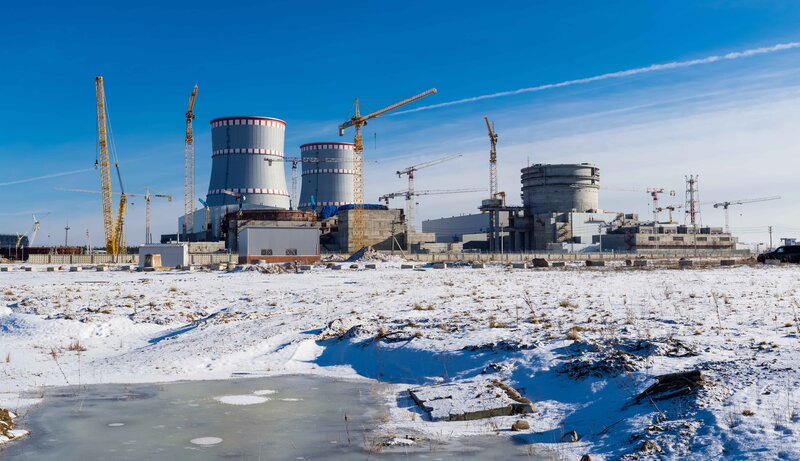
Russia’s state-owned nuclear engineer Rosatom has received permission from Egypt’s nuclear regulator to build a third reactor at the El Dabaa site on the Mediterranean coast, World Nuclear News reports.
The decision was taken by Samy Shaaban, chair of the Egyptian Nuclear and Radiological Regulatory Authority (ENRRA). This followed an inspection of the proposed site, which concluded that Egypt’s Nuclear Power Plant Authority had “reached the highest standards of nuclear safety and ensured full readiness to begin construction”.
The first concrete pour is expected before July.
Altogether, El Dabaa will have four of Rosatom’s “Gen III+” VVER-1200 pressurised water reactors. This will give a total output of 4.8GW, or a little more than 8% of Egypt’s present installed capacity.
Alexander Korchagin, senior vice president of Atomstroyexport (ASE JSC), commented: “Receipt of the construction licence for unit three is the result of huge efforts in preparation of the licence documentation.
“This is another important step that brings us closer to construction of unit three. Thanks to the well-coordinated work of plant owner, NPPA, and the contractor, ASE JSC, we are embarking on new stages in the construction of the first nuclear power plant in Egypt.”
Atomstroyexport is the subsidiary of Rosatom that handles nuclear construction outside Russia’s domestic market.
The VVER is based on a Soviet design. This iteration is optimised for fuel efficiency and cuts the number of staff by a third compared with the VVER-1000.
If construction goes to plan, it would take 54 months to build. The reactor would have a design life of 60 years.
The project is expected to cost $30bn, and will be partly financed by a $25bn Russian loan agreed in May 2016.
Rosatom will supply nuclear fuel throughout the reactor’s life. It will also arrange for the training of Egyptian personnel and assist in the operation and maintenance of the plant for the first 10 years.
Further reading:


